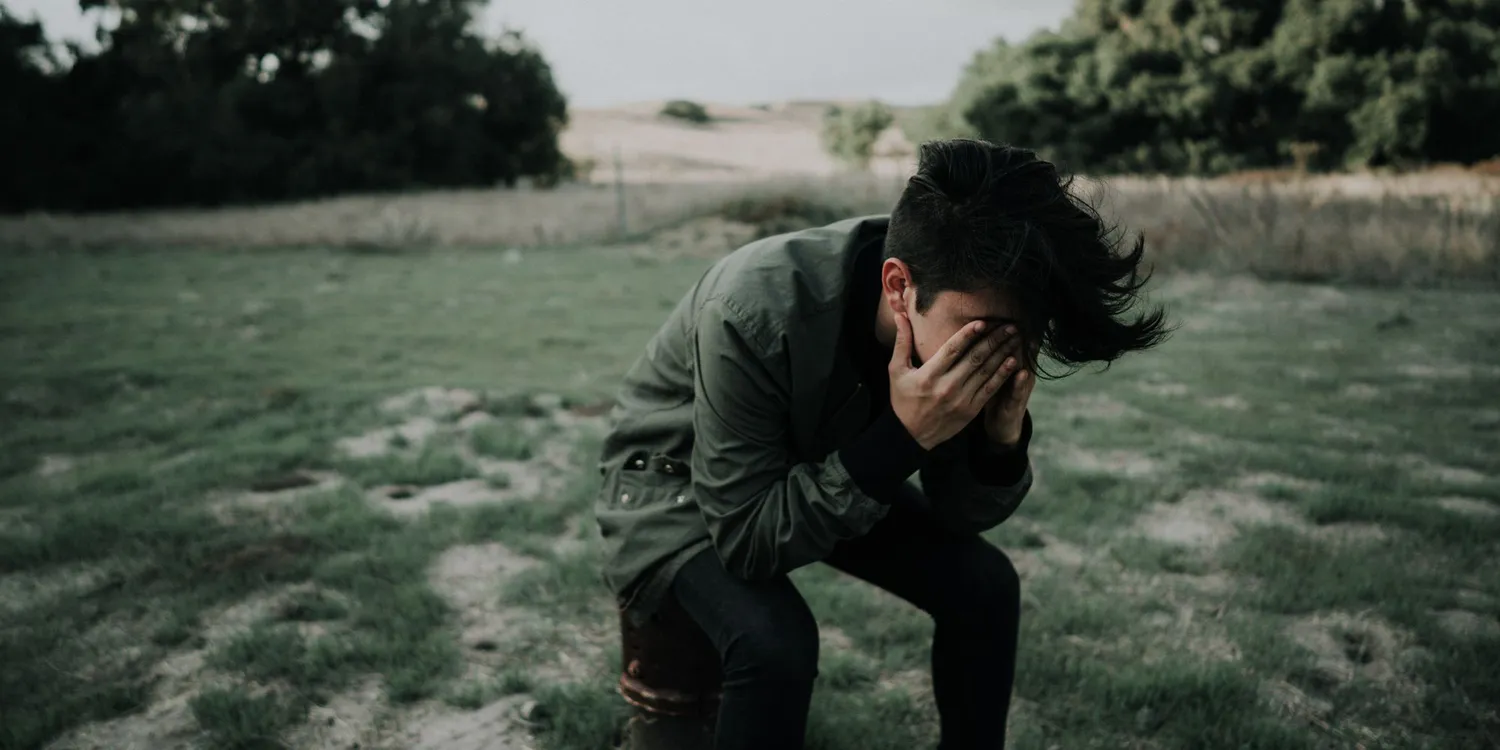11 Nov 2022
Effects of cocaine addiction
Cocaine addiction can have a huge impact on both the user’s life and those around them, including friends, family and loved ones.
According to Office for National statistics overall drug-related deaths in England and Wales have risen 76.88% since 2010 (from 2,747 in 2010 to 4,859 in 2021), while cocaine-related deaths have risen 483.33% (from 144 to 840). Overall despite the risks cocaine use has continued to rise.
As death is the most extreme effect cocaine addiction can have, it is important to know other physical, psychological and sociological effects that can occur whilst suffering with a cocaine addiction along with signs and symptoms.
Physical effects of cocaine addiction
- Heart attack
- Headaches
- Weight loss
- Fast heart rate and increased blood pressure
- Stomach pain
- Nausea
- Tremors
- Seizure stroke
- Sleep problems
- Impacts on nasal and oral health
Psychological effects of cocaine addiction
- Anxiety
- Depression
- Aggression
- Panic
- Paranoia
- Irritability
- Impaired judgement
- Hallucinations
Sociological effects of cocaine addiction
- Developing severe trust issues with friends and loved ones
- The potential to become increasingly aggressive towards others
- Experiencing excessive anxiety in most social settings for the individual and loved ones/colleagues etc.
Cocaine addiction causes
There can be a variety of reasons as to why someone may try cocaine and why some individuals might be more prone to becoming addicted to the drug than others. These could include mental illness, societal and environmental pressure and genetics.
Mental illness
It is not uncommon for individuals to have a mental health condition and an addiction. This term is called ‘dual diagnosis’. Someone could be suffering with anxiety, depression or other mental illnesses and be looking for an escape. This escape is often induced by using substances to self medicate such as alcohol or drugs, such as cocaine. By using cocaine as a relief for these negative thoughts creates a dependence on the drug which ultimately causes more problems down the road.
Societal and environmental pressure
Some individuals may choose to use drugs because they want to change their life. A lot of young people will go through a phase where they may try and experiment with different drugs. Cocaine is a popular one.
According to Drug Free World some reasons that young people start taking drugs include: trying to fit in, to escape society, to rebel, to relieve boredom, or to seem grown up.
It is also common to start using cocaine in certain job roles. If the job is highly demanding, for example corporate business roles in big cities such as London are often physically demanding and draining. In these types of workplaces, it is not uncommon for individuals to be using cocaine to increase their productivity at work.
By trying to solve their own issues by taking cocaine they often create more issues and the drug itself becomes the problem. Some individuals are unable to stop taking the drug and become addicted, often unable to cope with life without it. They rely on the drug for ‘highs’ and to prevent feelings of depression which usually go hand-in-hand when taking cocaine for a period of time.
Genetics
Genetics are believed to have a major role in who is more likely to become addicted substances. Individuals who have a close relative who use cocaine or are addicted to cocaine, alcohol or other drugs are at a higher risk for developing an addiction themselves. As well as those who may have experienced trauma growing up.
Getting treatment
If you or a loved one are suffering with cocaine addiction, it is vital that you get the correct treatment. There are a lot of different options out there but it’s important to understand how they work and what the best treatment plan would be for each individual.
Detox
Detox is an important element when an individual wants to withdraw from cocaine. Cocaine detox can happen at a rehabilitation centre or via an outpatient programme that may include a home detox. This will allow the individual to withdraw from cocaine in a safe way with guided support.
Cognitive behavioural therapy for cocaine
Cognitive behavioural therapy is a popular individual therapy used to treat cocaine addiction. This type of treatment is usually with the individual and a therapist specialised in this type of treatment which Rehabs UK can provide.
Group therapy
Group therapy is a type of therapy which allows for an individual to share experiences with others in addiction. It allows the individual to be open and process emotions and thoughts about their own relationship with cocaine. The good and the bad times. They are able to speak with likeminded people and offer each other support and guidance along their journey into recovery. This type of therapy can be extremely beneficial for many people starting their recovery journey.
Rehab
Cocaine is a serious and dangerous drug which can have a huge impact on someone’s life. To get the most intensive treatment possible it is recommended to go to a residential rehabilitation centre. With this type of treatment there will be 24/7 care and support available.
Cocaine rehab offers the best chance of success in recovery with no temptations from the outside world. Rehabs UK partners with a variety of centres across the UK and abroad and can help you find a rehabilitation centre near you. Unsure on what treatment you or your loved one needs? Contact our fully trained Treatment Advisors for a free assessment.
